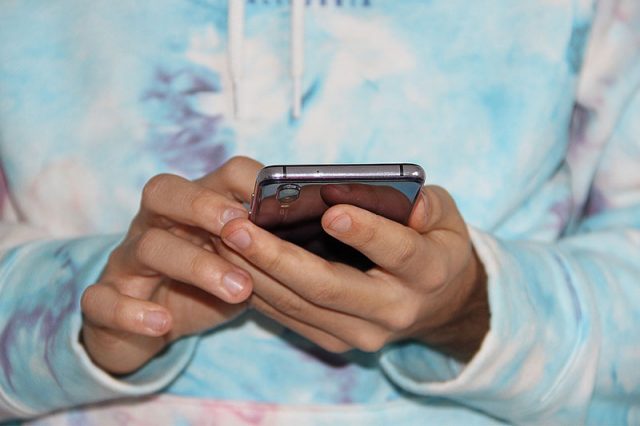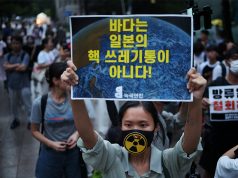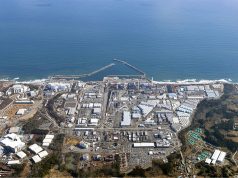CLAIM: People should turn off their mobile phones this evening since the radiation caused by “cosmic rays, nucli atomic” are dangerous and deadly.
The claim is part of a circulating message that has been repeatedly forwarded in text messages and messaging platforms for years.
The message alleges that mobile users should “turn off” their mobile phones from 10:30 p.m. to 3:30 a.m. since these will supposedly emit dangerous and deadly “cosmic rays, nucli atomic.”
It added that news personality Kim Atienza or “Kuya Kim” and BBC News have supposedly reported about it.
“Wag itabi sa pagtulog ang CP (cellphone),” the message claimed.
RATING: Claims of mobile phones supposedly emitting radiation from such cosmic rays are false.
Atienza and BCC News have neither reported about it, according to an ABS-CBN News article before.
The news personality said the message was “16-year-old fake news.”
“Disregard please. Tuwing bagyo, lumalabas ‘yan,” Atienza wrote on Instagram last Saturday, when Tropical Storm Paeng battered three major islands of the country.
View this post on Instagram
Facts
Cosmic rays are radiations from space described as extremely high-energy subatomic particles.
These come from either supernova (galactic cosmic radiation) or the sun (solar cosmic radiation), according to the International Atomic Energy Agency (IAEA).
Experts said that the earth is shielded by a magnetic field that deflects these cosmic rays.
However, there are still some that reach the ground and these can be seen through auroral lights usually spotted near the north and south pole.
“Sometimes, cosmic radiation does reach us, but without creating any harm, just like other low levels of radiation we are regularly exposed to,” the IAEA said.
“On average, people are exposed to around 3.5 millisieverts of radiation per year. About half of this comes from artificial sources such as X-ray, mammography and CT scans, while the other half we get from natural sources, of which about 10 percent comes from cosmic radiation,” it added.
The US National Oceanic and Atmospheric Administration said cosmic rays “pose little threat to humans and systems on the ground.”
Supalerk Karuehanon, head of the Astronomical Academic Services Division of the National Astronomical Research Institute of Thailand as of 2021, said these rays can affect electronic devices.
“However this doesn’t mean the rays will affect our bodies in the same way,” he told AFP Fact Check.
“Although the warning contains scientific terms, they are used in a manner that lacks an understanding of the scientific principles,” Supalerk added in the interview.
“This is essentially what you would call pseudoscience,” he further said.
Apart from AFP and ABS-CBN, fact-checking website Snopes has also fact-checked the claim and said it was “false.”
“These events would cause no direct health risk to humans on the surface of Earth, and as such that non-existent risk would not be exacerbated by the presence of a cell phone near you,” it said before.
Why it matters
The message has been repeatedly forwarded to mobile phone users and on messaging platforms for years.
In 2020, Atienza denied the circulating claim when Taal Volcano experienced unrest.
He tagged it as “fake news” and said that “they spread it around whenever people are vulnerable at times of disaster.”
“Totally untrue,” Atienza said before.
RELATED: Fake news alert: Filipinos warn of false reports circulating online amid Taal Volano unrest
—
This story is part of the Philippine Fact-check Incubator, an Internews initiative to build the fact-checking capacity of news organizations in the Philippines and encourage participation in global fact-checking efforts.
Interaksyon is part of #FactsFirstPH, a multi-sectoral initiative promoting truth in public space and demanding accountability for falsehoods. For those interested to join the initiative, email [email protected]
Interaksyon is also a founding partner of Tsek.ph, a collaborative fact-checking project for the 2022 Philippine elections. It is an initiative of academe, civil society groups and media to counter disinformation and provide the public with verified information.










